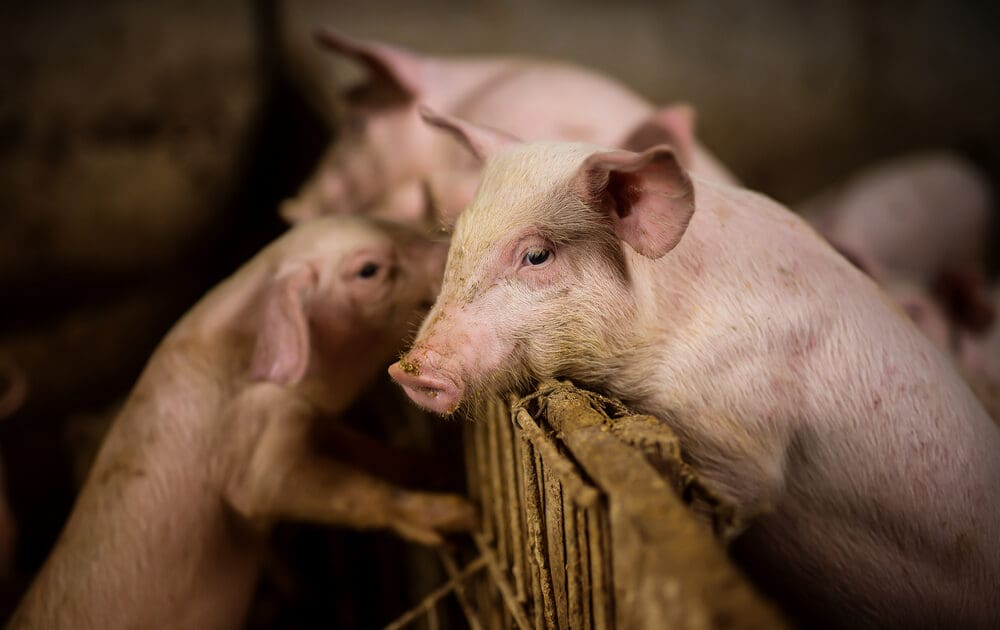The ‘Alarming’ Superbug so Terrifying You Wouldn’t Wish it On Your Worst Enemy (or Even the Food Industry That Caused It?)

Hear the word “superbug” and your mind might race to the CRE infection that claimed two lives recently in California; C. diff, which claims more than 14,000 lives annually; or even Ebola, the menacing virus that’s killed thousands of west Africans and put the world on high alert. But there’s a “new” strain of E. coli discovered in both humans and pigs that is highly resistant to even “last-resort” antibiotics.
Scientists who made the superbug discovery called it “alarming” and have urged for tighter restrictions on the use of polymyxins – a class of antibiotics known as colistin that is still widely used in livestock animals, particularly in China (colistin is not used on U.S. livestock animals). The findings are published in the November 2015 issue of the journal The Lancet.
“All use of polymyxins must be minimized as soon as possible and all unnecessary use stopped,” Laura Piddock, a professor of microbiology at Britain’s Birmingham University told Reuters.
The researchers note that the gene—called mcr-1—has “mobile DNA that can be easily copied and transferred between different bacteria,” Reuters explains. And this mobility, the researchers warn, gives it the “alarming potential” to move in between bacterial populations and adapt to resist antibiotics along the way.
While the mcr-1 gene is currently only in the strain of E. coli being seen in pigs in China, the researchers say with confidence that it’s only a matter of time before it spreads worldwide.
“The progression from extensive drug resistance to pandrug resistance is inevitable,” they said.
While colistin isn’t used in U.S. livestock production, it’s still an important human antibiotic used by U.S. doctors. It’s not typically a first choice because of the intense side effects, but it’s important, says Tom Philpott at Mother Jones, because it’s very good at “fighting common infections as other, less harsh antibiotics began to lose effectiveness.”
And those first round other antibiotics are indeed becoming less effective as a result of their use in livestock animals. The World Health Organization has urged world leaders to manage antibiotic use and decrease resistance or face a “post-antibiotic era” where a simple scraped knee could become a life-threatening illness.
But the study authors say we might already be there. According to study co-author Timothy Walsh, a professor at the University of Cardiff, if the colistin-resistant E. coli gene goes global “which is a case of when not if, and the gene aligns itself with other antibiotic resistance genes, which is inevitable,” he says, “then we will have very likely reached the start of the post-antibiotic era…At that point if a patient is seriously ill, say with E. coli, then there is virtually nothing you can do.”
Find Jill on Twitter and Instagram
Related on Organic Authority
White House Committee to Advise on Antibiotic Resistant Infections and Factory Farming
Sip on This: Coffee Decreases Risk of Antibiotic Resistant MRSA Infection By Half
Blowin’ in the Wind: Antibiotic-Resistant Bacteria ‘Dust’ from Factory Farms is Airborne
Pig image via Shutterstock

